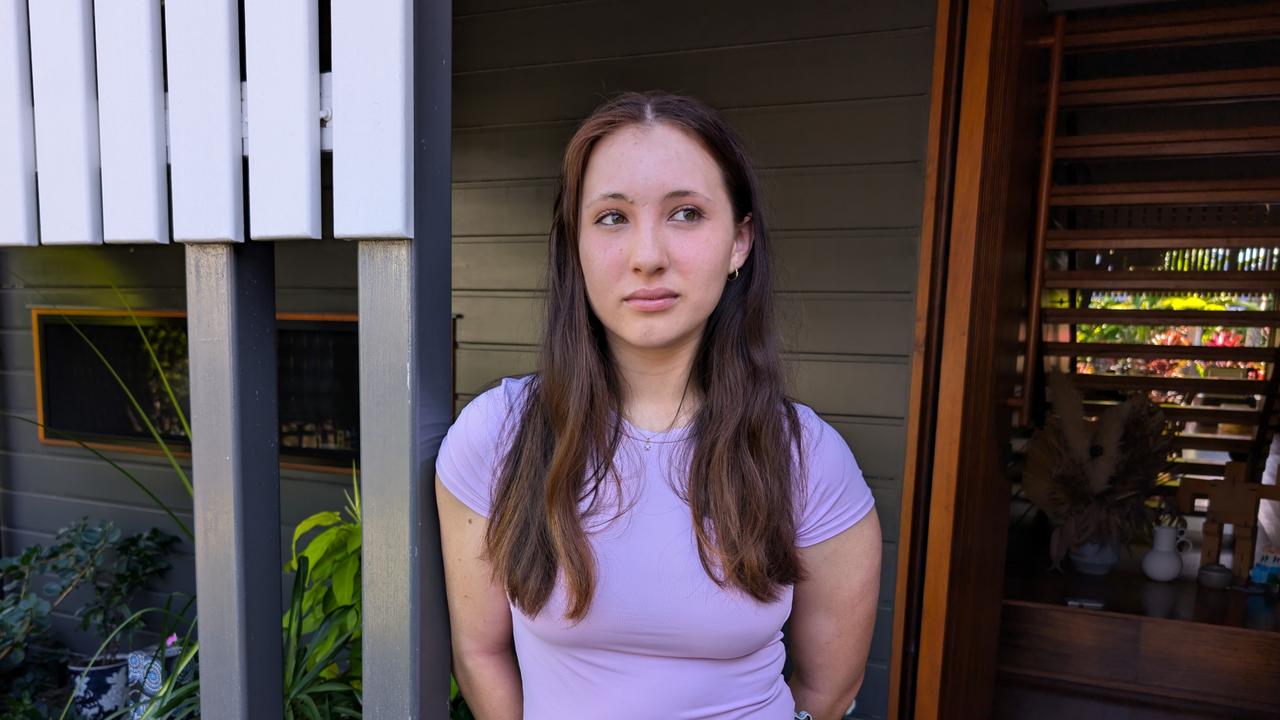Cost of living rated as the biggest concern for young Australians
While climate change and mental health are big issues facing young Australians, a new survey shows there’s another massive problem that’s troubling teens the most

READING LEVEL: ORANGE
Cost of living* has been revealed as the number one issue worrying young Australians, Mission Australia’s latest survey has revealed.
Of the more than 17,400 Australians aged 15–19 who responded to the Youth Survey Report, 56 per cent said cost of living was one of their biggest concerns, eclipsing other big worries like climate change and mental health.
This was more than double the number from two years ago.
“These 15–19 year olds are our future. Whatever happens with them today will impact the future. They need to be the centre of conversations,” said Mission Australia CEO Sharon Callister.

People who took part in the survey said they were worried about the impact cost of living had on both day-to-day expenses as well as their future prospects.
“It’s predicted to just get worse in the future and soon me and my friends will be living independently*. We’ll have to support ourselves and (get) jobs, and that’s when it will start to really hit hard,” said 15 year old Evie Evans from Cairns, Queensland.
Cost of living was one of the chief concerns for young people across the country, named as a top three issue by at least 50 per cent of respondents* in each state and territory.

Climate change was the next most concerning issue according to 27 per cent of respondents.
Violence, safety and crime was a key concern for 25 per cent of those surveyed, while 23 per cent said mental health was their biggest worry.
Ms Callister expressed disappointment at the results but said she wasn’t surprised.
Climate change was “still hugely significant” for young Australians, but “it’s very difficult to focus solely on that when you’re struggling to make ends meet,” she said.
At the age of 15-19, young people should be focusing on education and spending time with friends and family, Ms Callister said, “not worrying about the cost of living and whether they’re going to have enough food, whether their parents can pay rent, or where they’re going to find a home.”

“Young people are facing the issues themselves, and then they watch TV and hear about how prices are going up soon,” she said.
Associate Professor in Social Work at Sydney University Jioji Ravulo said hope was crucial for young Australians.
“If you don’t have the hope that there is going to be a happy, healthy future, then that can impact on your mental health,” he said.
However, AMP economist Shane Oliver was able to provide some hope for troubled teens.
“The cost of living pressures will start to subside*,” he said. “We’re going in the right direction, but it could just be a bit more pain to get there.”
POLL
GLOSSARY
- cost of living: the amount of money it costs to pay for essential items like electricity, rent and groceries
- independently: paying your own bills
- respondents: people who answered questions in the survey
- subside: get better or easier
EXTRA READING
No food, fuel or fees for future Olympians
High-flying PM hits turbulence
Meet Australia’s million dollar kid
QUICK QUIZ
1. How many survey respondents said cost of living was their biggest concern?
2. What rated as the second biggest concern in the survey?
3. How many people said mental health was a concern?
4. What quality does Associate Professor Jioji Ravulo say is important for mental health?
5. What does AMP economist Shane Oliver say about cost of living pressures?
LISTEN TO THIS STORY
CLASSROOM ACTIVITIES
1. Whose opinions matter?
‘Why bother surveying young people? Only adults’ opinions matter!’ Do you agree or disagree with this statement? Write very convincing paragraphs explaining your opinion.
Time: allow at least 30 minutes to complete this activity
Curriculum Links: English, Personal and Social Capability, Civics and Citizenship
2. Extension
Create a plan for a special project for your school. The aim of your project is to help everyone in your school be more hopeful. Your project can be as long as you want – a day or a term! Think of things that everyone can be hopeful about and activities that can help everyone understand them. Think of a great name for your project, too!
Time: allow at least 30 minutes to complete this activity
Curriculum Links: English, Health and Physical Education, Personal and Social Capability
VCOP ACTIVITY
Summarise the article
A summary can be a really good way to grab the main idea plus some key points in the article as a highlight. Think of the summary like a little advertisement or extract you could use to encourage people to read the article in detail. You want to give them an overview of the article that includes the main idea (being able to tell the audience what the article is about in one sentence), plus a few of the key points of the information.
Remember to re-read your summary to check that it is clear, concise and makes sense to the audience who haven’t read the article yet. You need to make language choices that allow you to explain the information in only a few sentences.

